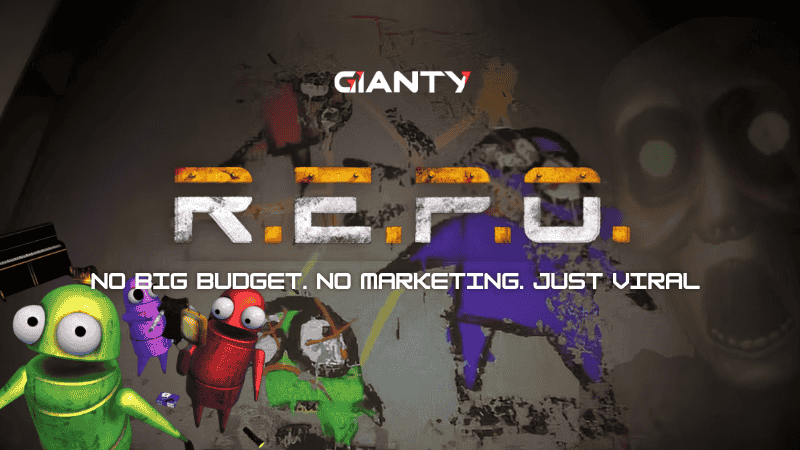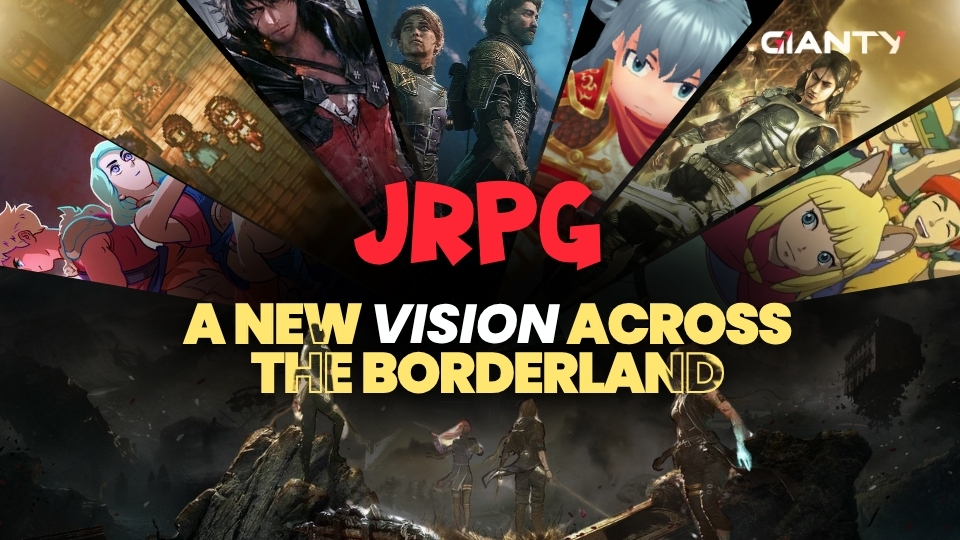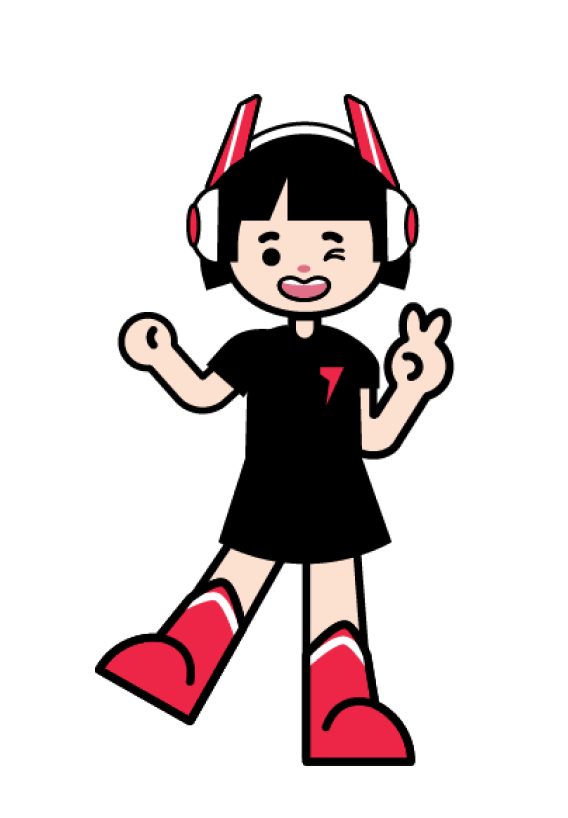The game industry has significantly expanded since the pandemic.
Research shows that the gaming market size is estimated at USD 272.86 billion in 2024, and is expected to reach USD 426.02 billion by 2029, growing at a CAGR of 9.32% during the forecast period (2024-2029).
In today’s booming game development industry, studios face a crucial decision whether to build their games in-house or outsource to external teams. Both approaches have their advantages and disadvantages, and the optimal decision depends on the specific needs and resources of each studio.

In-House Game Development: Building from the Ground
In-house production is when the studio develops the entire production team.
This offers studios full control over the creative process and technical direction of their project.
Additionally, in-house development can foster strong connections between different disciplines, providing valuable knowledge and expertise that can be leveraged for future projects.

Pros of in-house game development:
- Fully control: Studios have complete control to shape the game according to their vision
- Strong team collaboration: In-house teams can build a strong connection and a shared understanding of the project’s goals
- Knowledge and expertise: Building in-house teams allows studios to acquire valuable technical and creative skills.
Cons of in-house game development:
- High upfront costs: Studios need to invest in infrastructure, equipment, and personnel, which can be expensive.
- Limited talent pool: Finding and retaining the right talent can be challenging, especially for small studios.
- Slow development cycles: Building a team and establishing efficient workflows can take time, potentially delaying development.
Outsourced Game Development: Leveraging External Expertise
Outsourcing game development involves partnering with external teams to handle specific aspects of the project, such as art, programming, or design.
This approach can be beneficial for studios looking to access specialized skills, increase flexibility, and reduce overall development costs.

Pros of outsourcing game development:
- Reduced costs: Outsourcing can be more cost-effective than building and maintaining an in-house team.
- Access to specialized skills: Studios can tap into the expertise of experienced developers in specific areas.
- Increase flexibility: Outsourcing allows studios to scale its capacities up or down as needed.
Cons of outsourcing game development:
- Loss of creative control: Studios may need to compromise on their vision to accommodate the expertise of external teams.
- Communication challenges: Effective communication and collaboration can be difficult with geographically dispersed teams.
- Intellectual property concerns: Studios need to carefully manage intellectual property rights when outsourcing development.
Finding the Right Balance
The decision of whether to develop in-house or outsource ultimately depends on a variety of factors, including the size and budget of the studio, the complexity of the game, and the available talent pool.
Some studios may opt for a hybrid approach, combining in-house development with outsourced support for specific tasks.
Regardless of the chosen approach, careful planning, clear communication, and strong project management are essential for ensuring a successful game development process.
By understanding the pros and cons of both in-house and outsourced development, studios can make informed decisions that will help them bring their game visions to life.
How to choose the ideal game development outsourcing partner?
It’s essential to know how to pick the right partner for your project if you decide to outsource.
Look beyond cost and seek studios with experience in your game’s genre, a proven track record of successful projects, and a portfolio that resonates with your vision.
Strong communication skills and a collaborative approach are crucial, so prioritize open conversations and detailed project management methodologies.
Before signing the contract, ensure you are aware of their role and time duration in their portfolio’s work. Choose wisely, and watch your game development flourish with the perfect pairing.
About GIANTY
GIANTY is the bridge between Japan and the rest of the world, ranging from game development to software development, and offshoring. Our dedicated team of experienced professionals can provide you with high-quality results with efficiency.
If you are looking for an outsourcing game development studio, look no further than GIANTY. Contact us for more information!











